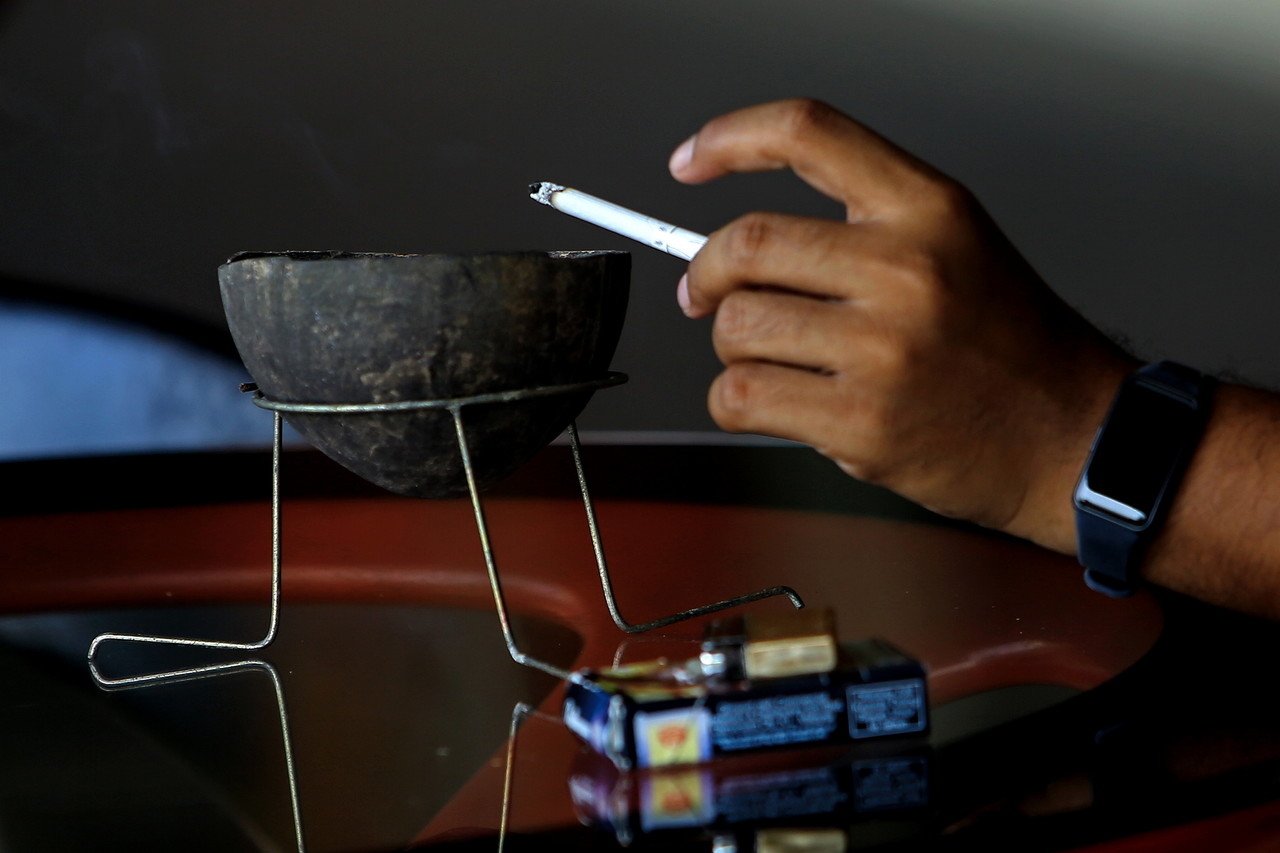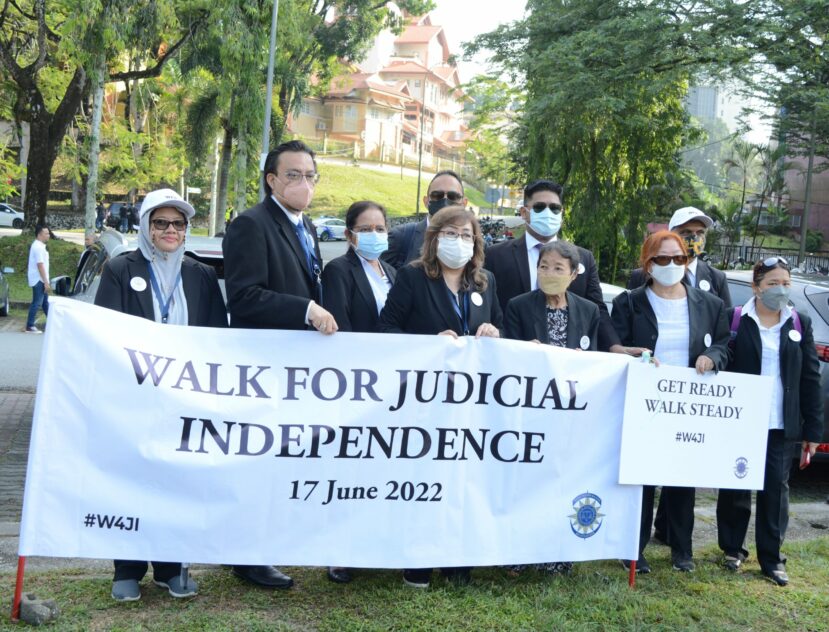Letter to Editor
MALAYSIA’S Health Ministry’s (MOH) is reportedly seeking to pass a new tobacco bill soon.
The “Tobacco and Smoking Control Bill”, which includes a “Generational End Game” (GEG), basically bans anyone born after the year 2005 from buying cigarettes, tobacco and electronic nicotine delivery system such as vape and e-cigarettes (ENDS) products.
There will also be new regulations imposed on the vape industry. As a pioneer society in Malaysia that champions the right for a better living through the concept of harm reduction, the Malaysia Society for Harm Reduction (MSHR) is respectful of the view that it would be a mistake if the GEG results in a blanket ban on the sale of these products.
While there are merits to GEG – mainly to prevent youths access to tobacco and nicotine and these are altruistic and welcomed – it must be acknowledged that cigarettes, tobacco products and vapes harm levels are all very different from each other.
These risk-reduced products like vapes, e-cigarettes or heated tobacco do not have the equal impact and risks such as conventional cigarettes. A blanket and generic GEG ban has ironically ignored the principle of harm reduction, and this could deny people who want to quit smoking a safer method of doing so.
Blanket ban unfeasible
Harm reduction is a practical approach and strategy to minimise the adverse consequences of various nefarious human behaviours. It neither condones nor condemns any behaviour and is often applied when total eradication (or total solution to a problem) is not feasible or difficult to be achieved.
While the proposed ban applies for those who are born after the year 2005, we cannot be certain that this generation will not be exposed to tobacco products.
Somehow or rather, they will still come across these products, be it from their family, friends, when they travel abroad or from contraband/illicit cigarettes.
In general, we have not been successful in curbing demand, curtailing sales of cheaper, contraband tobacco products.
Thus, a blanket ban on tobacco and vape, would push underground activities further in the dark and invigorate the demand back to illicit tobacco products.
It will also set back the MOH’s plans to reduce illegal cigarettes as the demand for illicit, black-market products will surge among people seeking to meet their tobacco cravings despite smoking tobacco’s obvious danger.
Therefore, the MSHR calls on the Government to re-work the GEG to ban the sale of cigarettes and gradual retracting the sales of ENDS to cater to the smokers that wants to switch to a safer alternative.
Total bans have been generally proven to be not effective based on past experiences implementing bans on illicit drugs, alcohol and GEG efforts from other countries.
There needs to be a holistic, unbiased and systematic introduction of reduced harm potential of alternative smokeless products and accessible NRT.
Knee-jerk bans will less likely bring any effort to create a healthier Malaysia, but rather a systemic and scaled omissions of harmful products and alternatives that are safer. – July 25, 2022
Established in 2019, the Malaysia Society for Harm Reduction (MSHR) is a pioneer society in Malaysia that champions the right for be a better living through the concept of harm reduction.
The views expressed are solely of the author and do not necessarily reflect those of Focus Malaysia.









